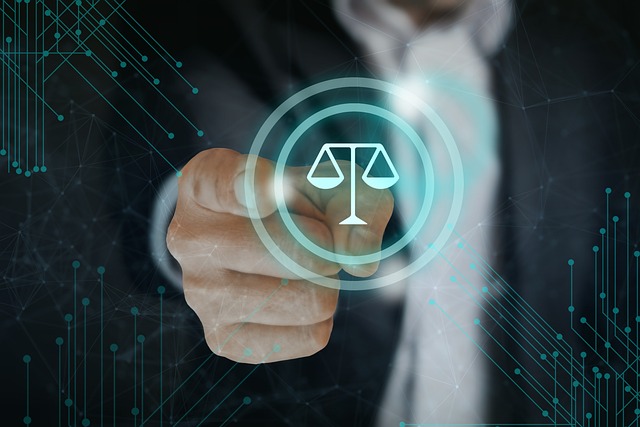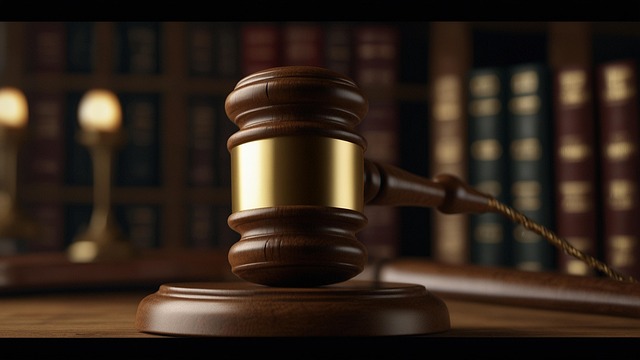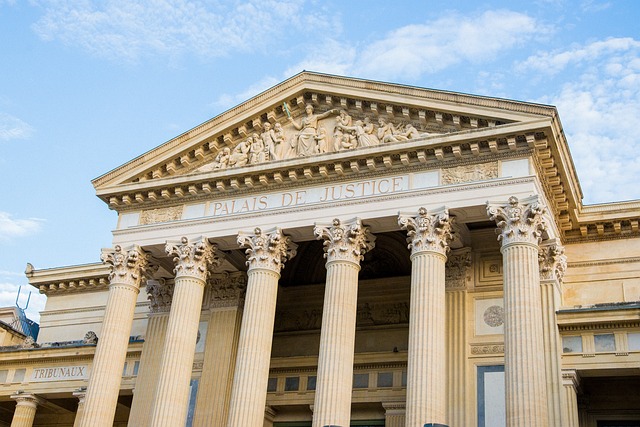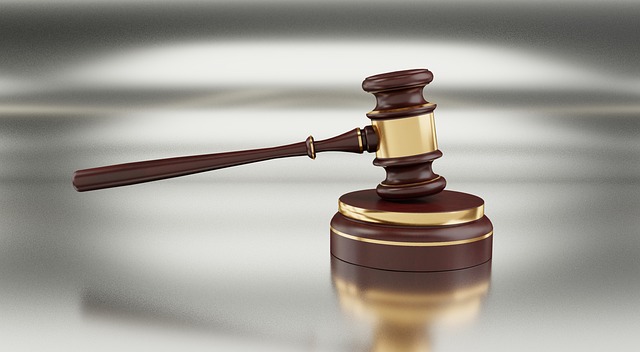Whistleblower Protection Laws (WPL) are crucial for encouraging ethical reporting. The Criminal Procedure Appeal Process Explained is vital for ensuring justice, with its rigorous review of evidence and legal protocols. This process empowers defendants to challenge verdicts, potentially leading to charge dismissal. Navigating complex appeal procedures requires specialized legal counsel, especially in white-collar cases where distinguishing legitimate reporting from criminal activities is intricate. Strategic appeals protect whistleblowers' rights, fostering ethical reporting in public and political spheres.
Whistleblower Protection Lawsuits are crucial for ensuring individuals can safely expose illegal activities without fear of retaliation. This comprehensive guide navigates the complex landscape of whistleblower protection laws, delving into key aspects such as understanding these laws, the role of criminal procedure in appeals, and a step-by-step appeal process explained. We also explore common challenges and vital legal strategies for protecting whistleblowers, providing essential insights for both advocates and those seeking justice.
- Understanding Whistleblower Protection Laws
- The Role of Criminal Procedure in Appeals
- Step-by-Step Appeal Process Explained
- Common Challenges in Whistleblower Cases
- Protecting Whistleblowers: Key Legal Strategies
Understanding Whistleblower Protection Laws

Whistleblower Protection Laws (WPL) are designed to safeguard individuals who expose illegal or unethical activities within their organizations from retaliation. These laws provide a legal framework that supports and encourages employees to come forward with information about fraudulent, unsafe, or criminal practices. Understanding these protections is crucial for both whistleblowers and legal professionals navigating the complex landscape of white-collar defense.
The Criminal Procedure Appeal Process Explained plays a significant role in ensuring justice for those who initiate whistleblower actions. By understanding all stages of the investigative and enforcement process, individuals with valid concerns can pursue winning challenging defense verdicts. This involves a meticulous review of evidence, adherence to legal procedures, and strategic arguments to protect the rights of both the accuser and the accused, particularly in high-stakes white collar defense cases.
The Role of Criminal Procedure in Appeals

The Criminal Procedure Appeal Process Explained plays a pivotal role in ensuring fairness within the legal system. When a whistleblower files a lawsuit, understanding the appeal process is essential for navigating potential outcomes. If a defendant believes they have been wrongfully accused, they can seek review through an appeal, which provides an opportunity to challenge the verdict or evidence presented during the trial. This process allows for a deeper examination of the case, focusing on procedural aspects and legal errors that may have occurred at any stage of the investigative and enforcement process.
One significant aspect to consider is the potential for a complete dismissal of all charges. Appeals courts carefully review evidence and testimony, scrutinizing whether the prosecution met its burden of proof. By examining the criminal procedure followed below, from investigation to indictment, appeals can help protect individuals from wrongful convictions and ensure that justice is served fairly. This process is crucial in avoiding an indictment where there may be insufficient grounds or procedural irregularities, ultimately safeguarding the rights of both whistleblowers and defendants alike.
Step-by-Step Appeal Process Explained
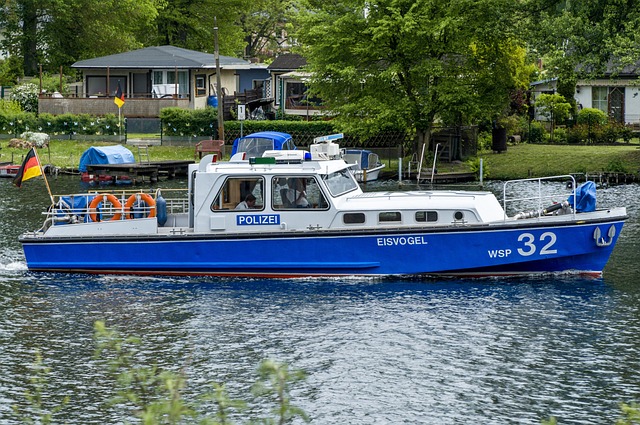
The Criminal Procedure Appeal Process Explained is a complex yet vital step for individuals facing serious legal consequences. It begins with a thorough review of the case by an appeals court, which examines all aspects of the trial and prosecution’s evidence. This process involves multiple stages designed to ensure fairness and accuracy.
First, a notice of appeal must be filed within a specified timeframe after the original verdict. The appellant then presents their arguments, highlighting errors in the lower court’s decision. This may include issues related to legal procedure, evidence handling, or constitutional rights violations. Following briefings from both parties, the appeals court conducts an extensive analysis, considering new evidence and legal precedents. If the appeal is successful, it could result in a complete dismissal of all charges, achieving extraordinary results for the defendant in high-stakes cases.
Common Challenges in Whistleblower Cases

Whistleblower protection lawsuits often face several challenges that can complicate the legal process. One significant hurdle is navigating the criminal procedure appeal process, which requires a deep understanding of both state and federal laws. These cases typically involve intricate legal issues, making it crucial for whistleblowers to secure experienced legal counsel specializing in these matters.
Another common challenge is proving that the disclosure of information was indeed in the public interest. In white collar defense cases, defendants often argue that their actions were not meant to cause harm but rather to expose alleged misdeeds internally. Distinguishing between protected whistleblowing and criminal activities can be complex, especially when the line between internal reporting and external exposure is blurred. This complexity underscores the need for a thorough understanding of jury trials and how they can shape the outcome of whistleblower cases.
Protecting Whistleblowers: Key Legal Strategies
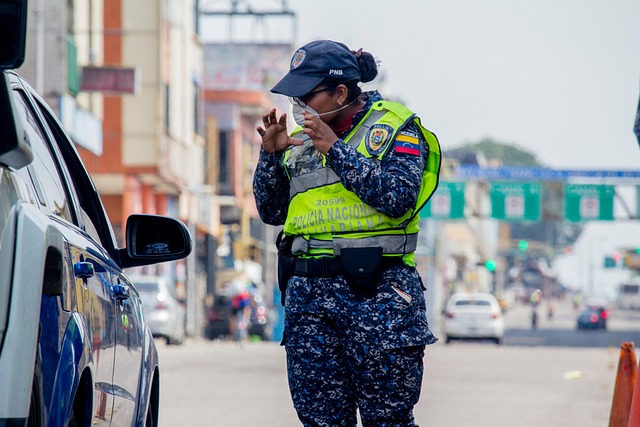
Protecting whistleblowers is a multifaceted legal endeavor that involves strategic navigation through complex criminal procedures. For individuals who expose illegal activities within organizations, understanding their rights and available defenses is paramount. One key strategy is to ensure that the whistleblower’s concerns are properly documented and communicated to the relevant authorities, adhering to specific legal protocols. This includes filing formal complaints or tips with regulatory agencies, which can trigger investigation processes designed to safeguard disclosures.
Moreover, effective legal representation tailored for whistleblowers plays a crucial role in avoiding indictment. White-collar defense attorneys specializing in whistleblower protection can navigate the intricate criminal procedure appeal process, ensuring that rights are upheld throughout. By employing strategic appeals and challenging evidence, these lawyers can help protect whistleblowers from potential retaliation and ensure their voices are heard without fear of persecution. This not only safeguards individual rights but also fosters a culture where ethical reporting is encouraged within the philanthropic and political communities.
Whistleblower protection lawsuits play a vital role in ensuring that individuals who expose illegal or unethical activities within organizations are shielded from retaliation. By understanding whistleblower protection laws, navigating the criminal procedure appeal process explained, and employing key legal strategies to overcome common challenges, those who come forward can make a significant impact on public interest while safeguarding their rights.

